SUMMARY
This is AI generated summarization, which may have errors. For context, always refer to the full article.
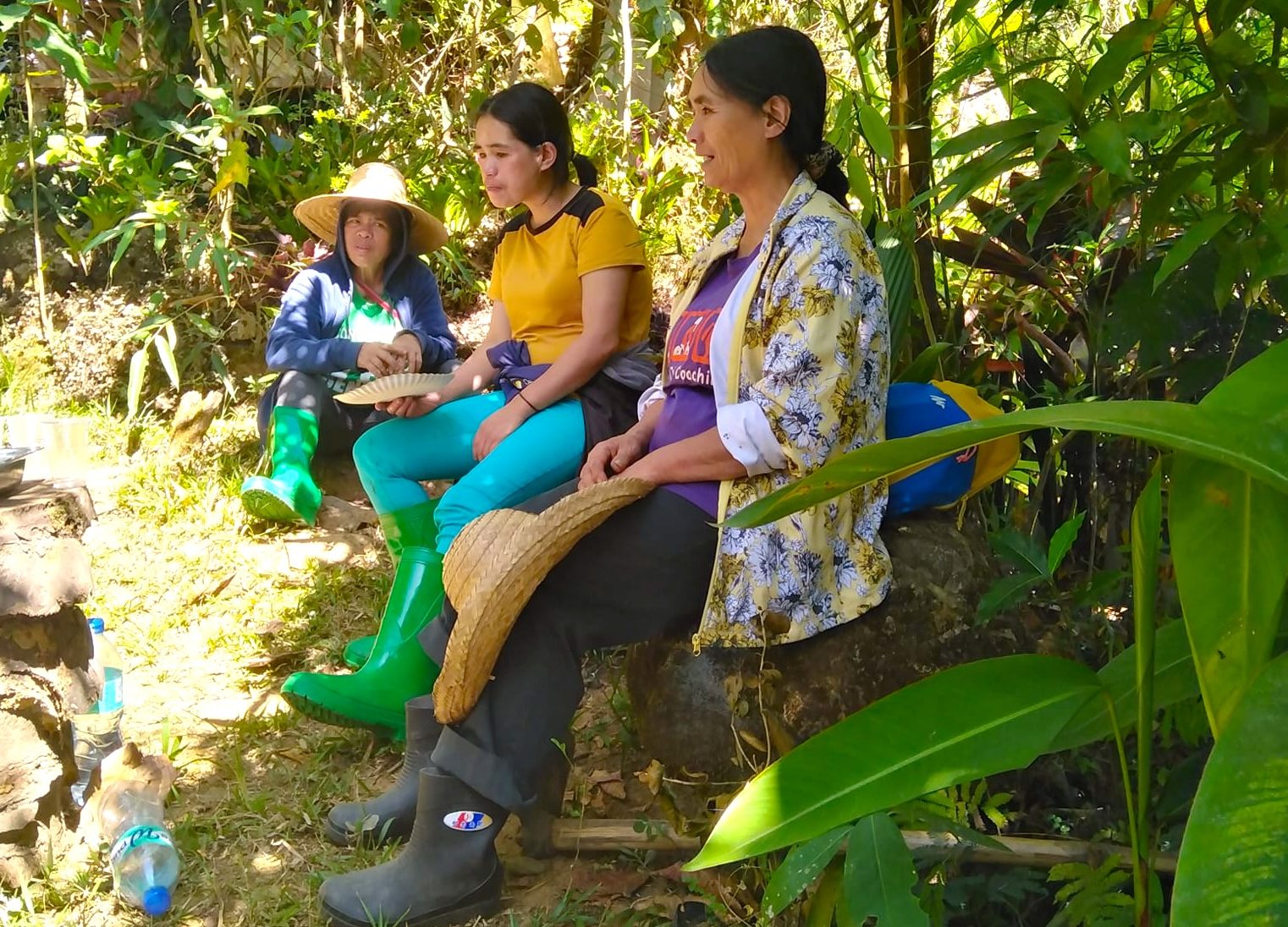
In 2022, idle and restricted by health protocols, farmers organized the La Diyang Haven Community Association as well as a series of community-based training in Tuba, Benguet.
The project, conducted by the Food and Agriculture Organization of the United Nations (FAO) in partnership with the Department of Tourism (DOT), introduced the idea of social enterprise to the farming community.
“Though most of the farmers have no experience in bookkeeping, but, at least, they have learned to record their activities in their respective diaries, because the training helped us realize its value in decision making,” La Diyang Haven manager Cristina Molitas Tolero told Rappler in an interview.
The La Diyang Haven in Tuba, Benguet is one of four pilot farm sites in the Philippines that were part of the “Technical Cooperation Programme: Enhancing Farm Tourism in the Philippines for Inclusive Rural Development” held in 2023. The sites are meant to serve as models for sustainable farm tourism.
“We are so happy, so grateful for the assistance – the training sessions as well as the material support given to us,” Tolero said.
The 57 members are a mix of Ibaloi, Kankanaey, Ifugao, Ilocano, and Tagalog from La Diyang. But since they need to expand their membership to increase the supply and demand for their products and services, they have opened it to farmers in adjacent municipalities.
Tolero said that during the process, they made an important realization. “We were already practicing agroecology, but it took an outsider to help us appreciate that we have everything we need right here: we grow our own healthy and nutritious food and we breathe fresh air,” she said.
Tolero said that prior to the training on the conservation of cultural practices their our community was also doing this through ancient practices “like food preservation and preparation of native crops like pako (fern), watercress, ube (purple yam), and kini-ing (preserved meat).”
“But our appreciation for them increased because of the training. We used to be hesitant or ashamed of bringing out our cultural practices, like playing gongs and wearing g-string. But the empowerment mindset that we learned through the training helped us realize that even in the present world, we should be proud of our traditional practices. We need to show to the world who we are and there’s nothing to be ashamed of,” she added.
They will hold the Kini-ing Festival on April 4 to 6.
Mindanao experience
In Mindanao, Umanika Eco-Cultural Farm located in Malaybalay, Bukidnon, has been providing training programs for indigenous peoples and former rebels on various organic farm practices.
According to Green Minds co-founder Reynaldo Gil “Datu Makadingding” Lomarda, they only learned that their more than decade-old farm was in a flood-prone area through an app that was introduced to them through the site safety and risk management training. They have now put more appropriate disaster preparedness measures in place.
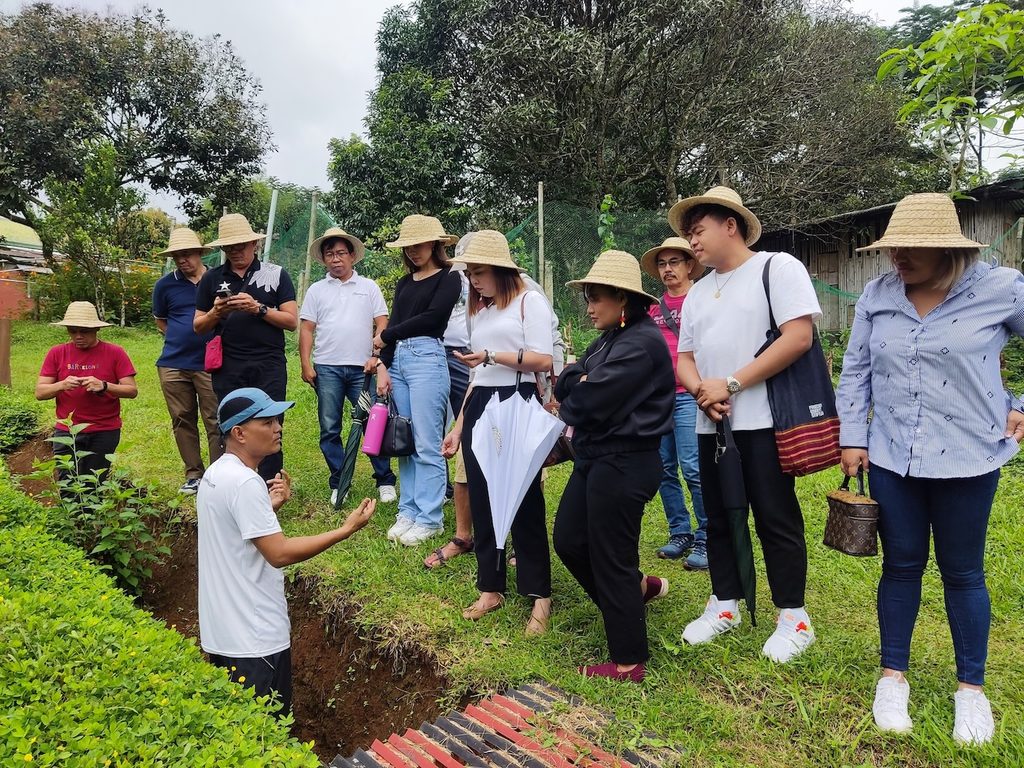
The social enterprise has worked with members of 14 ethnolinguistic groups in the Philippines including Higaonon, Matigsalug, and Manobo communities, and practices and promotes indigenous knowledge systems and practices, drawing a direct line to the science that supports it.
“For example, the practice of planting during a full moon makes sense – because groundwater levels are higher,” Lomarda said.
He observed that they need to reiterate this more when they train IPs, to encourage their sense of cultural pride and dignity.
“The training programs gave us an opportunity to learn again,” he acknowledged. “As service providers, we are usually the teachers. We appreciated the many lessons we learned, and the material support in the form of farm gear, solar lights, and early warning and emergency response equipment were a welcome surprise,” Lomarda said.
The other pilot sites are Yumi’s Farm in Tayabas, Quezon, and PeacePond Eco Tourism Events and Learning Center in Binalbagan, Negros Occidental. In total, more than 200 farm staff underwent training on site safety and risk management, social enterprise development, and agro-tourism and farming systems.
At the recent FAO Regional Conference for Asia and the Pacific held in Colombo, Sri Lanka, the project was cited several times at the Ministerial Roundtable on Agritourism. Related to this, a farm tourism development training manual will soon be launched. – Rappler.com
Mari-An Santos is an Aries Rufo Fellow.
Add a comment
How does this make you feel?






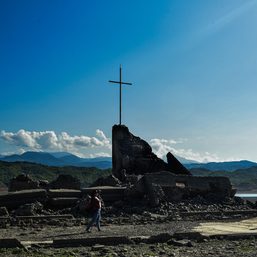
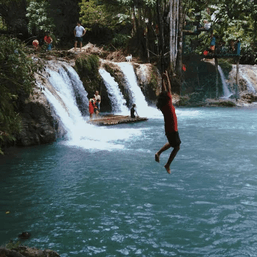
![[WATCH] #ShareAsia: Winter flower viewing at Hasedera in Kamakura, Japan](https://www.rappler.com/tachyon/2024/03/hasedera-tcard-LS.jpg?resize=257%2C257&crop_strategy=attention)
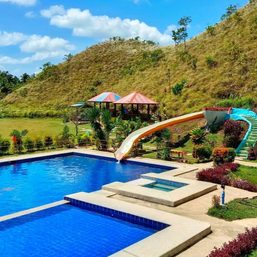
There are no comments yet. Add your comment to start the conversation.